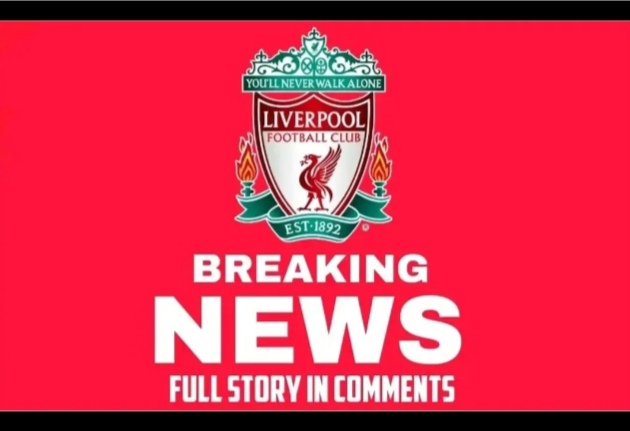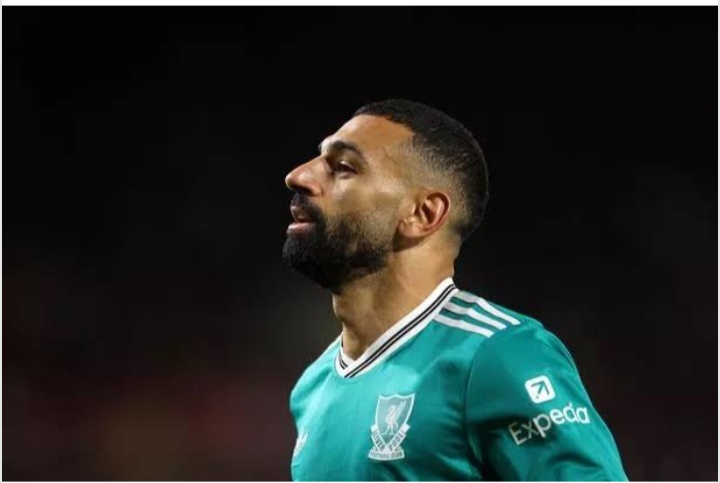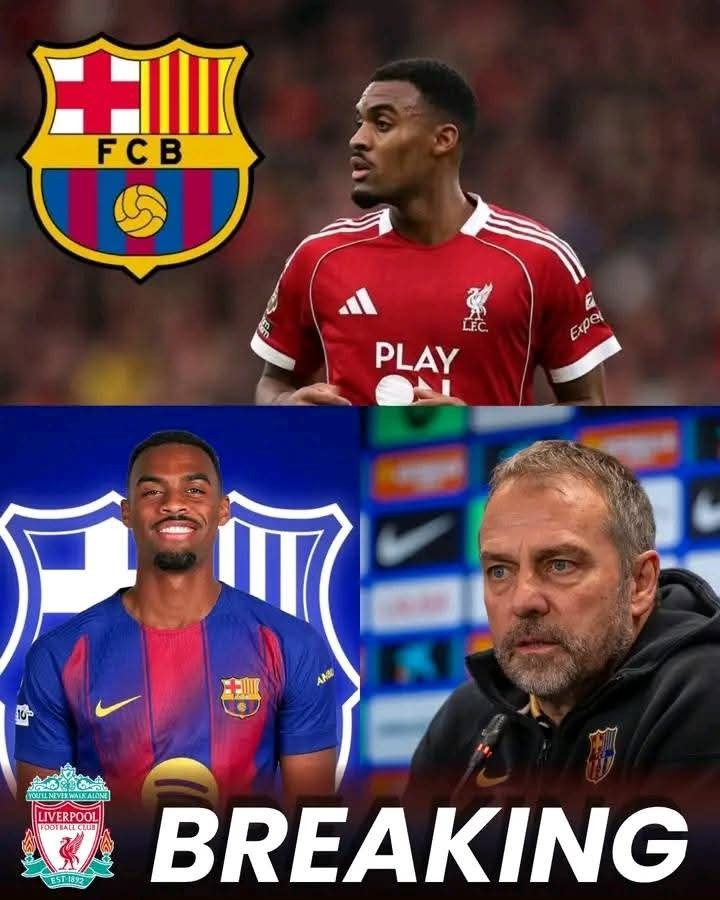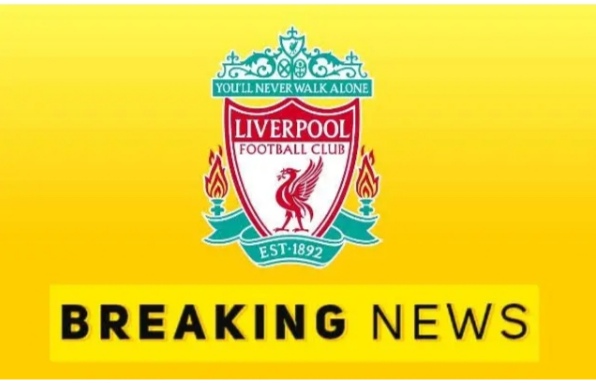Keith Hackett Demands VAR Overhaul After Man City vs Liverpool Dispute: A Detailed Breakdown
Manchester City’s 3–0 win over Liverpool on Sunday, 9 November 2025, produced more controversy than celebration. Despite the clear final score, two major officiating decisions involving VAR dominated the post-match discussion: an early penalty awarded to City for a challenge on Jeremy Doku, and a Liverpool goal by Virgil van Dijk later ruled out. Liverpool subsequently submitted a formal complaint to PGMOL, questioning both referee Chris Kavanagh and VAR official Michael Oliver.
Former PGMOL boss Keith Hackett has since publicly criticized the officiating, arguing that the match exposed deeper flaws in VAR processes. His comments highlight ongoing concerns about referee training, decision-making consistency, and the need for clearer and more transparent use of technology. Combined with Liverpool’s official protest, his remarks suggest VAR in English football is at a crossroads.
Key Flashpoints: The Penalty and the Disallowed Goal
The first contentious moment came in the 11th minute when City were given a penalty for slight contact on Doku. Replays suggested the touch was minimal and potentially insufficient to meet Law 12’s criteria for a foul. Pundits and supporters immediately questioned the decision, adding to wider frustration around inconsistent refereeing.
Later, Van Dijk had a goal chalked off due to Andy Robertson allegedly blocking the goalkeeper’s view. Liverpool countered that Robertson did not affect the keeper’s ability to save, pointing to Law 11 regarding offside interference. The two calls—one benefiting City, the other denying Liverpool—sparked debate about how reliably VAR applies the Laws of the Game.
Hackett’s Scathing Verdict
Hackett likened Kavanagh and Oliver’s handling of the decisions to “the Chuckle Brothers,” implying the officiating looked chaotic and unprofessional. He argued that these misjudgments reflect systemic weaknesses: referees resisting VAR intervention, VAR staff lacking specialist training, and inconsistent communication protocols.
He also noted that England still lacks dedicated VAR specialists. Instead, referees rotate into the VAR booth with limited focused training, undermining both consistency and confidence in decision-making.
Liverpool’s Response: A Push for Fairness
Liverpool’s written complaint to Howard Webb stressed that the disallowed goal reflected a misapplication of Law 11, insisting Robertson did not obstruct the goalkeeper. Although the club acknowledged that the penalty didn’t change the final outcome, they emphasized that accurate officiating is a matter of principle. Repeated mistakes—regardless of match result—damage trust in the system.
Wider Issues With VAR in the Premier League
VAR was introduced to correct clear and obvious errors in defining moments. But the City-Liverpool match reinforced persistent problems: slow reviews, conflicting interpretations, and poor communication. Critics argue that referees often stick to their original decisions, while VAR officials may not feel confident overturning them.
Hackett’s Reform Proposals
Hackett has suggested several key changes:
- Full-time VAR teams trained exclusively for video officiating.
- Clearer division of authority between on-field referees and the VAR room.
- Greater consistency in interpreting offside, interference, and goalkeeper-obstruction rules.
- Standardized pitch-side monitor use to streamline reviews.
- Upgraded training programs focused on communication and decision-making.
Implications for PGMOL and the League
The controversy puts pressure on Howard Webb and PGMOL to demonstrate improvement. Without reform, Hackett warns that similar mistakes will keep occurring, diminishing public confidence in officiating and damaging the Premier League’s integrity.
Obstacles to Change
Implementing Hackett’s plan poses challenges:
- Significant costs to create a full-time VAR workforce
- Football’s inherent subjectivity, even with video technology
- Risk of slowing the game with more reviews
- Maintaining the authority of on-field officials
Still, supporters argue that long-term fairness and credibility justify the investment.
A Broader Pattern of VAR Criticism
The City-Liverpool match reflects ongoing discontent with VAR. Since its introduction, fans and professionals have lamented inconsistent offside calls, disputed penalties, and confusing explanations. Hackett’s “Chuckle Brothers” jibe captures the frustration many feel when VAR seems to complicate rather than clarify decisions.
Potential Future Reforms
If the Premier League responds decisively, reforms could include:
- Mandatory, time-limited pitch-side monitor checks
- A permanent team of expert VAR operators
- More transparent communication of VAR decisions
- Clear rule-interpretation guidelines for complex calls
- Expanded and continuous training for all officials
The aim is simple: to improve accuracy, consistency, and public trust.
Conclusion
The 9 November City-Liverpool match could become a turning point in the VAR debate. The controversial penalty and disallowed goal exposed systemic weaknesses in officiating, prompting Hackett and Liverpool to call for sweeping reform. While implementing change will be challenging, the Premier League now faces mounting pressure to act. Without meaningful improvement, recurring errors will continue to undermine confidence in English football’s refereeing standards and competitive fairness.










